Policy changes have brought in a host of new compliance requirements for small businesses in recent months, and with further reforms on the horizon, now’s the time for businesses to review compliance across all areas of their operations.

We have highlighted several potential pitfalls resulting from the recent changes and suggested areas for businesses to keep an eye on over the coming months.
Digital compliance and data law
Since Making Tax Digital for VAT (MTD) came into force on 1st April, HMRC has continued to publish regular guidance for businesses on how to sign up, find the right software for keeping digital records and check when (and whether) they need to follow the rules for MTD.
Data protection can be a thorny issue for small businesses to navigate, and GDPR is something even the smallest sole trader should have a good grasp of. If in doubt, it pays to consult resources from authorities such as HMRC (gov.uk) or the Information Commissioner’s Office (ico.org.uk).
Employment status and workforce compliance
From 6th April 2020, changes to IR35 rules will come into effect that will shift responsibility for determining an off-payroll worker’s employment status to the business, as the end user of the worker’s personal services. It will be down to the end user to make PAYE and national insurance deductions on payments to workers, including those made through an intermediary such as a Personal Services Company (PSC), and to pay their NI contributions. Though these changes will apply to medium and large businesses only, smaller businesses should check whether they qualify as “small” or are likely to grow into a medium enterprise in the foreseeable future.
The Government’s Good Work Plan, meanwhile, was revealed at the end of 2018 in response to the independent Taylor Review of Modern Working Practices. The plan aims to strengthen the rights of all workers, focusing specifically on agency workers and those on unpredictable, irregular contracts. In response to these proposed improvements, businesses should ensure they are making no mistakes in the following areas: workers’ employment status; minimum wage compliance (NMW entitlement applies to casual workers as well as employees); and pensions auto-enrolment compliance (staff should be assessed and, where applicable, enrolled on a regular basis, and increases from 6th April 2019 should be borne in mind).
People and pay
Also since 6th April this year, employees are now required to provide payslips for all workers – direct employees or otherwise – and, with the exception of those who are self-employed, workers are entitled to 5.6 weeks’ holiday pay per year, irrespective of employment status.
By extension, from 6th April 2020, workers’ rights in this area will be strengthened still further: employers and workers alike will be entitled to a written statement of employment particulars, whilst those who work irregular hours will have their holiday pay calculated according to their earnings over the preceding 52 weeks, a drastic increase from the current 12-week reference period. For businesses whose staff includes irregular workers, these recent and upcoming provisions should be considered, along with the employer’s changing obligations.
Meanwhile, on 1st October, the VAT reverse charge for building and construction services will come into effect. It will mean that VAT on standard-rated and reduced-rated services must be paid to HMRC by the customer receiving the service or supply, rather than by the supplier as is currently the case. As this large-scale change will impact on both employers and workers across the construction sector, now is a good time to begin researching its implications.
Partner Joanne Chilton explains: “It can be all too easy for small businesses to miss a compliance reform, update or even minor detail that applies to their digital practices, payroll procedures or the employment status of their staff.
“In light of the complexity of the various changes introduced this spring, and in preparation for those coming in later in the year and next April, we would advise sole traders, partnerships, small businesses and SMEs alike to seek professional advice on how these reforms may affect them, both now and in the near future.”
For further information, please call our Leicester branch on 0116 254 9262 or our Loughborough branch on 01509 263500.
